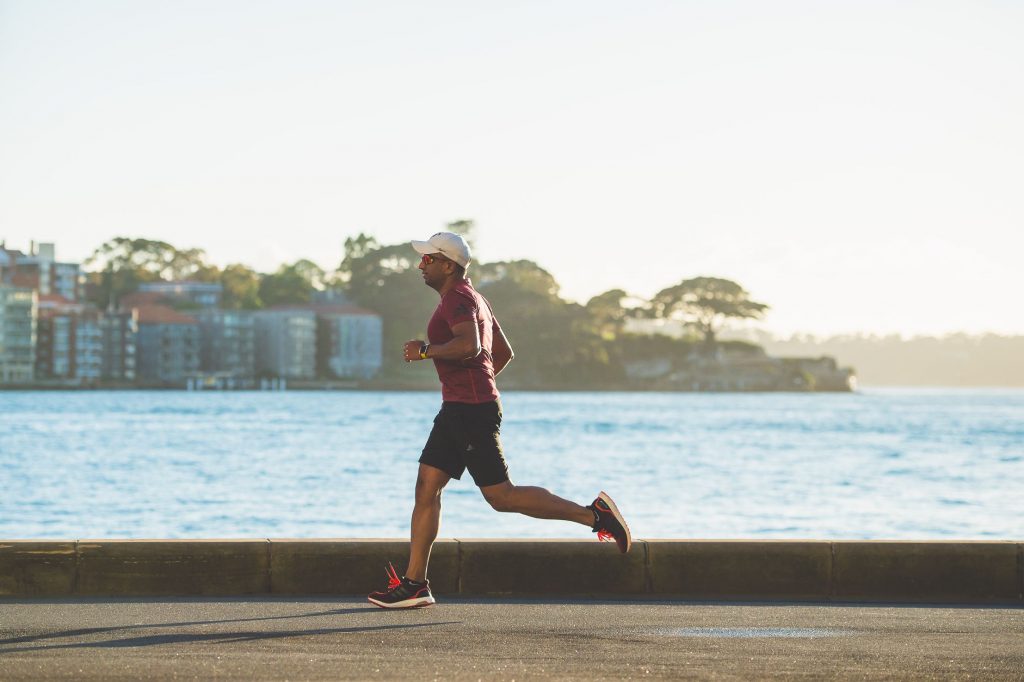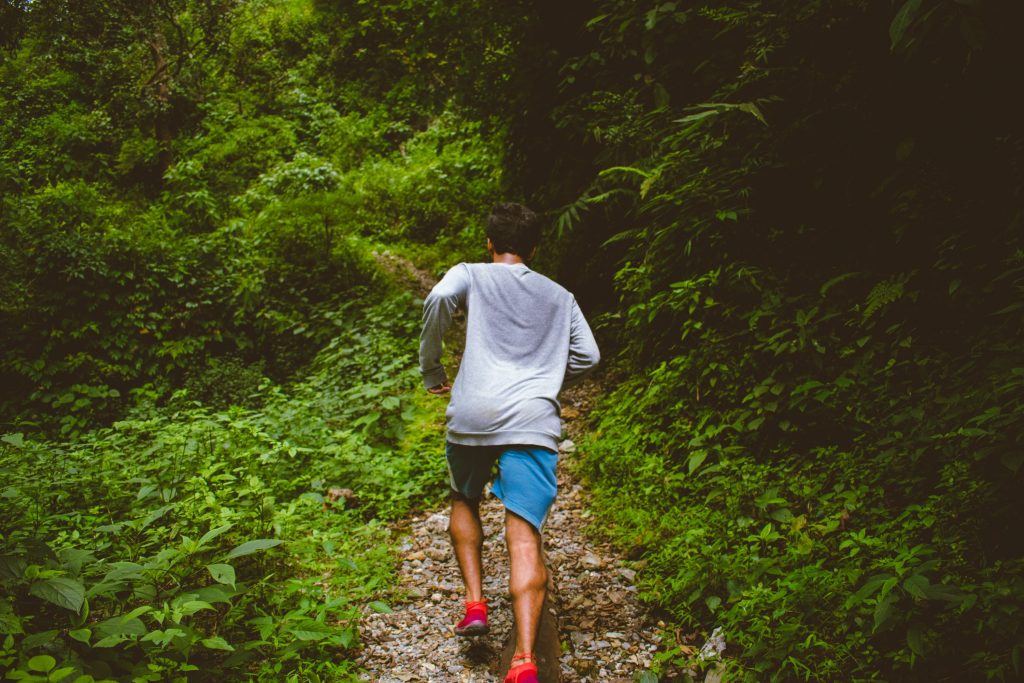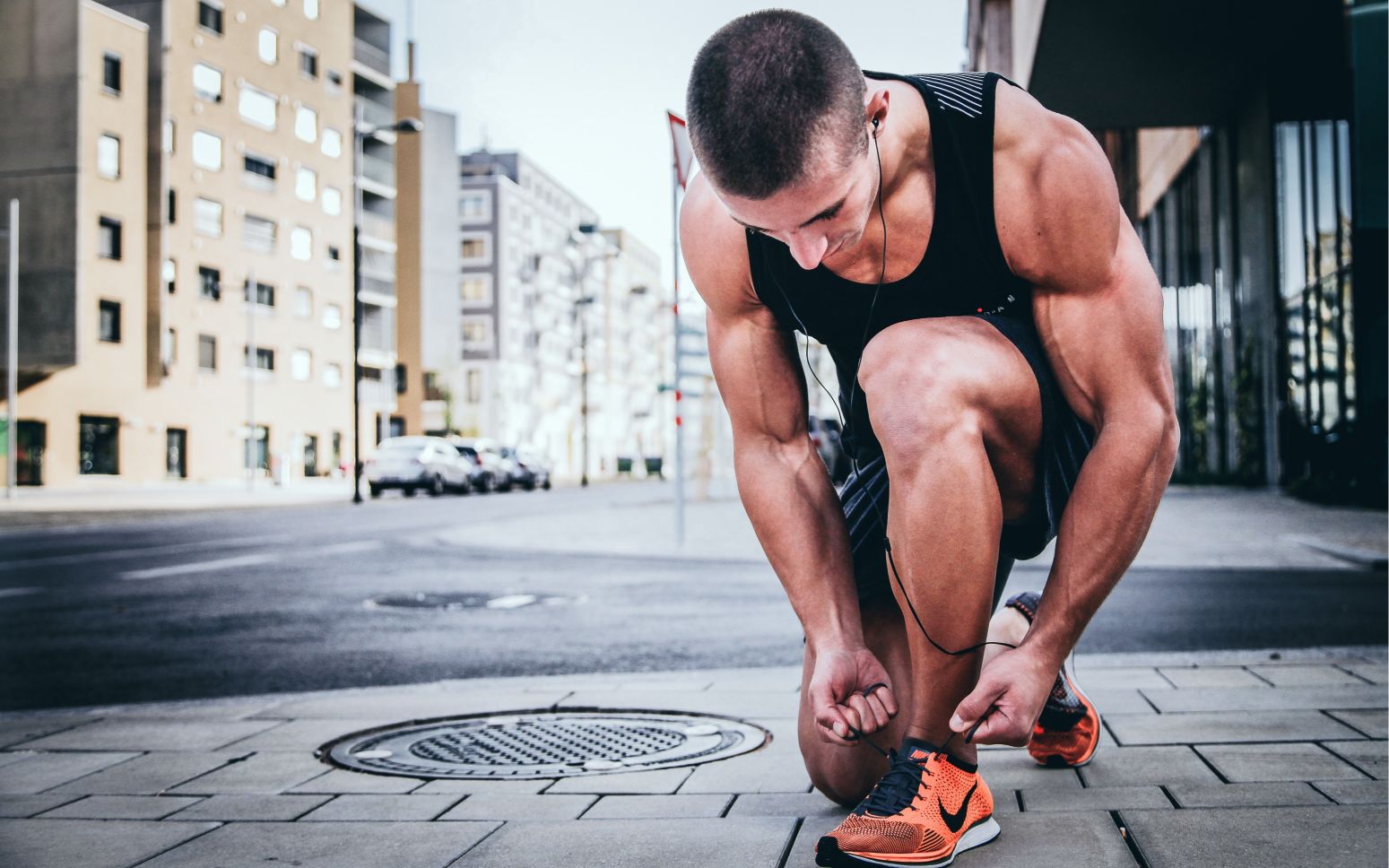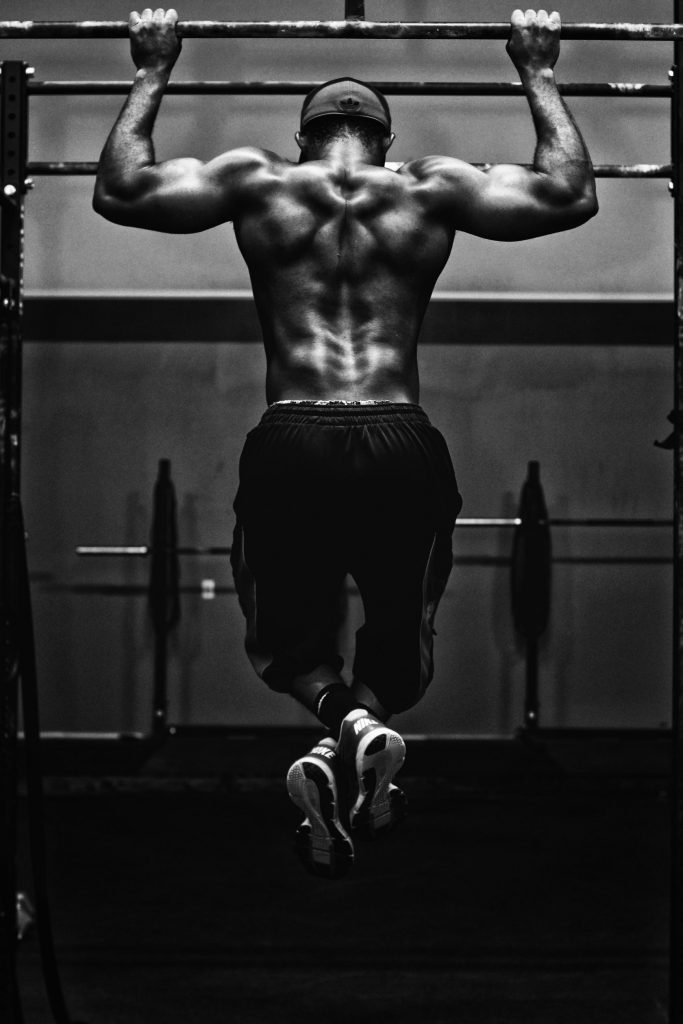Sunny and warm. It is summer. Does warm weather prevent you from exercising? You should only do it if you know how to exercise in warm weather in a healthy way. Your body reacts differently in warm weather than normally. That is why we share these 4 useful tips about exercising in warm weather and more interesting information, so that you can any possible prevent health problems.
4 useful tips in a row
1. Drink enough in warm weather
At high temperatures, your body needs extra water. This also applies if you do not exercise. So certainly, when you start training, drink at least the amount of liquid you think you are going to sweat out. To get an idea, you can weigh yourself before and after a sports session. You will see a big difference, so it’s fun to do this task anyway. The difference mirrors the water you’ve lost during sports.
The effect of drinking enough before and during sports training is big. It ensures that the core temperature of your body stays at a lower level for a longer period. That is a good measurement against the negative influences of warm weather on your body. Are you planning to do a hard workout? Then you must be aware that your body loses more than one liter of liquid per hour per square meter of body surface area. That means drinking a lot during warm days is important to stay healthy, and energetic.
2. Do not exercise during the day
Plan your training in the morning or in the evening. This prevents you from training during the hottest hours of the day. Later in this article, we explain clearly why training in the middle of the day can be very bad for your health. It has everything to do with the heat regulation in your body that will function worse.
3. Wear as little clothing as possible
To prevent the temperature in your body from rising unnecessarily, you should wear less clothing during exercise. In any case, slightly less clothing than feels comfortable. Or better: choose fabrics that breath naturally, instead of keeps the heat. Clothing ensures that the body warms up and stays warm. But with warm weather that is not the desired effect. Also choose light colors that reflect the heat instead of recording.
Why we hate hard bits in our food? >>>
4. Drinking breaks are not an unnecessary luxury
In warm weather, make sure you have a drink break every 15 to 30 minutes during a competition or training. The body needs this break to lower the temperature by taking a little rest and drinking water. Water (or liquids) will bring back your body temperature to a more healthier level.

What means overheating of the body
The body is very capable of protecting itself against overheating. That is a protection mechanism, which we can be very happy with. The body can adapt in both short and long periods of extreme heat. This is also called acclimatization. The heated muscles produce heat in the body during exercising. In addition, heat absorption comes from the environment and conditions that prevent body cooling. Think of too many clothes that prevent evaporation of excessive heat. If you add all this together, the body will be confronted with overheating. The core temperature rises too fast and that disrupts the normal cell function.
The warming up of the body temperature occurs primarily through chemical reactions in the body. These take place when food is converted or used in muscle functions. The heat used by muscles is also called metabolic heat. Because the body’s core temperature is too high and the cell function is disrupted, the metabolic heat is not released. The air temperature and the intensity of the effort, the humidity and the wind speed are also important factors. These factors determine the degree of warming of the body. When all these elements come together, a high external heat load leads to health risks. Your body’s health is declining. These are 3 different heat disorders that can occur.
Heat cramps
People who sweat a lot, may experience heat cramps. Excessive sweating leads to dehydration and a loss of minerals and salts. Have you experienced excessive sweating while exercising? Then certainly drink extra water during hot days. This is perfect in combination with sufficient salt in your diet. How much extra fluid you need to take varies per person. But definitely assume about a liter of extra fluid on top of the normal fluid intake.

Heat accumulation
Your body has a complicated blood system. It ensures that every place in your body is supplied with sufficient oxygen. But when you are confronted with dehydration, heat has accumulated. The amount of fluid in the blood decreases. Your blood becomes thicker and thick blood flows less rapidly through the vessels. Sweating causes extra fluid loss, which does not benefit the blood flow. You can see it as if the heat meter of the body no longer functions sufficiently. The heat is therefore no longer released through the skin.
Heat stroke
The heat stroke is the most severe reaction of the body. Because the heat regulation in the body no longer works, the body heats up up to more than 40 degrees. What you notice about athletes with a heat stroke is a changing mental status. After all, the brain is very sensitive to extreme heat. The athlete can get into a coma in a short time with possibly resulting in death. The most important first step to help someone in this situation is cooling the body. A bath or shower with (ice) cold water is the best remedy.
Heat drastically reduces performance
The higher the external temperature, the faster your body runs the risk of dehydration. Dehydration is a major problem, especially with endurance performances. It hinders the athlete to perform to the maximum. Because the athlete loses much fluid on a longer period of time, the blood volume will also decrease. This results in a lowered blood pressure. The blood flow in the muscles and skin decreases and the heart rate will increase to compensate for this. The ability to perform, declines as a result. Taking extra fluid during exercise on warm days is therefore absolutely important to prevent health problems.



